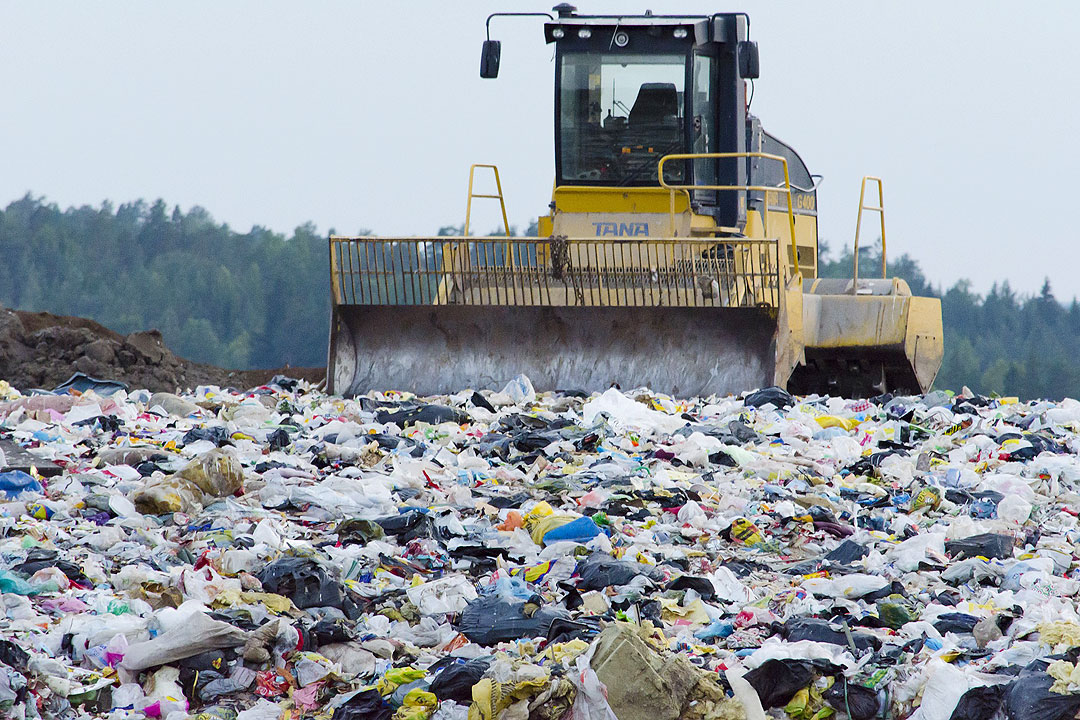 DAVAOCITY.GOV.PH
DAVAOCITY.GOV.PHCOMPETITIVENESS relative to landfills continue to weigh on the waste-to-energy (WTE) industry despite growing demand, according to the Makati Business Club (MBC).
In a recent roundtable organized by the MBC, government agencies and companies concluded that WTE projects face issues like the preference for dumping waste in landfills, as well as possible feedstock shortages.
In a policy note, the MBC said: “For many LGUs (local government units), sending waste to a landfill is still the cheaper option. One reason is that the fees paid to dump waste often do not reflect the full cost over time.”
“These fees usually cover only the immediate expense and not the added costs of hauling waste long distances, managing landfill sites, or dealing with environmental effects later on,” it added.
An understanding of true costs over the full life cycle of the solid waste facility was deemed necessary to help decision-making towards WTE facilities, it said.
The Department of Energy (DoE) describes WTE as “the process of converting WTE feedstock with various technologies, usually the conversion of non-recyclable waste materials into usable heat, electricity, or fuel through a variety of processes.”
While WTE requires technology or pricing solutions, the policy note stressed on the need for “strong leadership, clear institutional roles, and better alignment across agencies and LGUs.”
“A system-wide view of procurement, infrastructure, and governance can help reduce risks and improve project outcomes,” according to the note.
The MBC also cited concerns about feedstock, with most local governments not generating enough waste to support WTE projects on their own.
“Encouraging LGUs to cluster or coordinate can help pool waste supply and improve project scale. National agencies are reviewing regional data to identify where this model could work,” it said.
The DoE is hoping to include WTE and biomass in its green energy auction this year to ensure more WTE projects can enter into long-term power contracts.
“Recognizing WTE as part of the country’s energy infrastructure, and not only as a waste disposal method, is key to improving project feasibility,” the MBC said. — Sheldeen Joy Talavera

 6 hours ago
1
6 hours ago
1



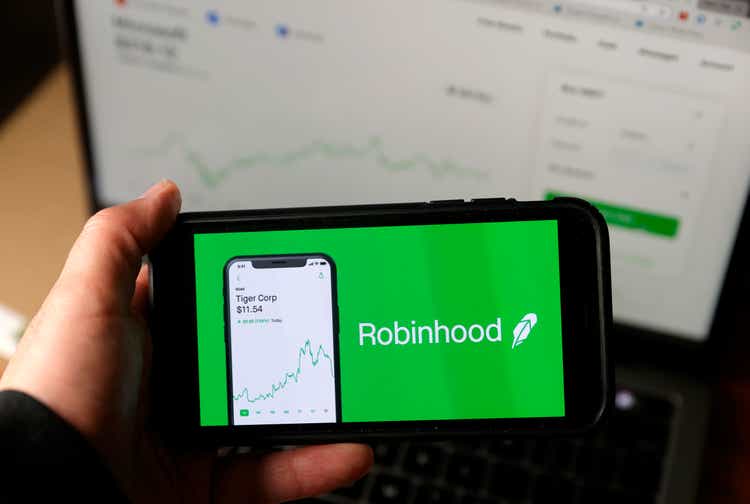
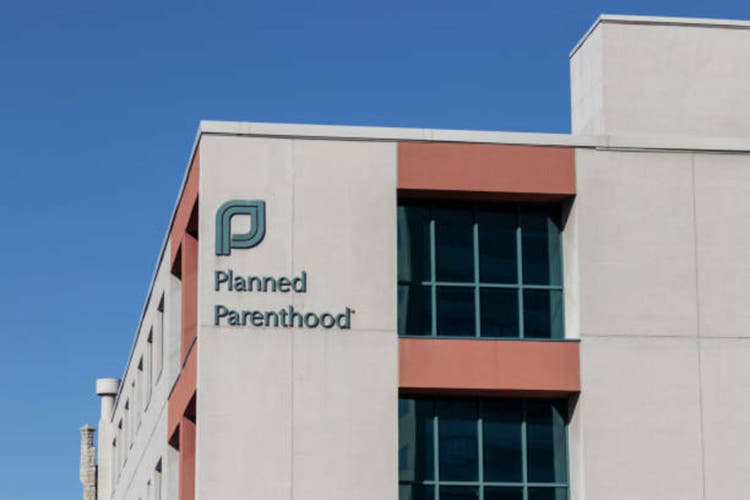
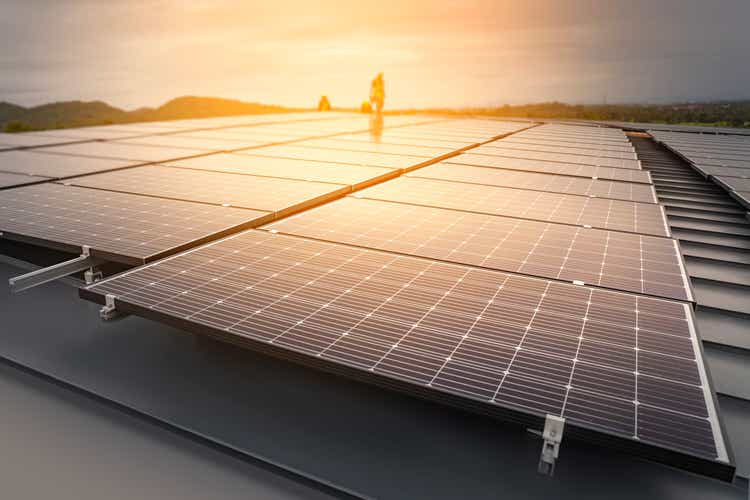
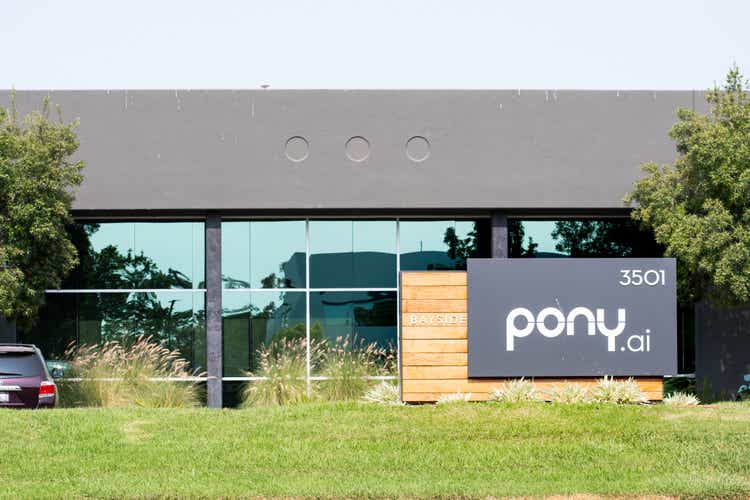

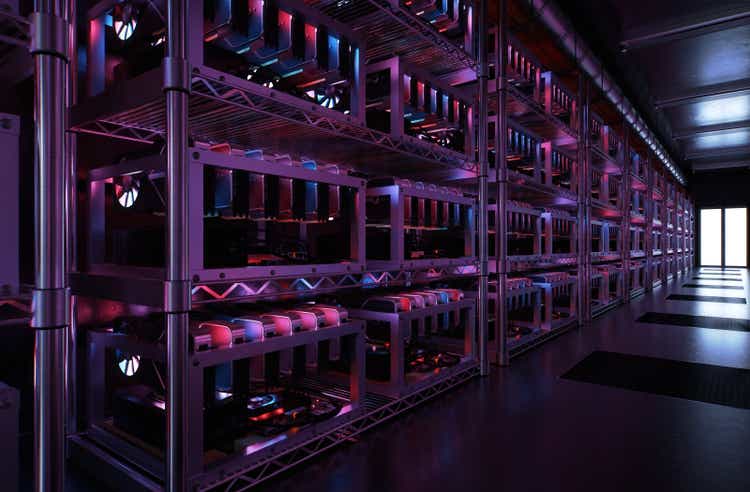
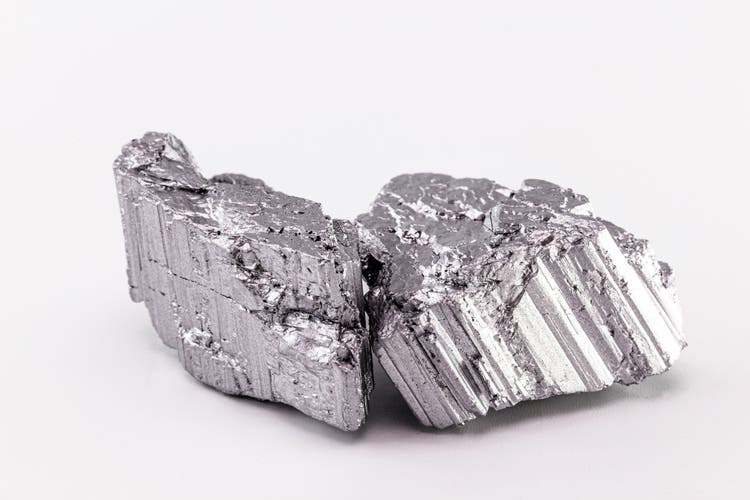


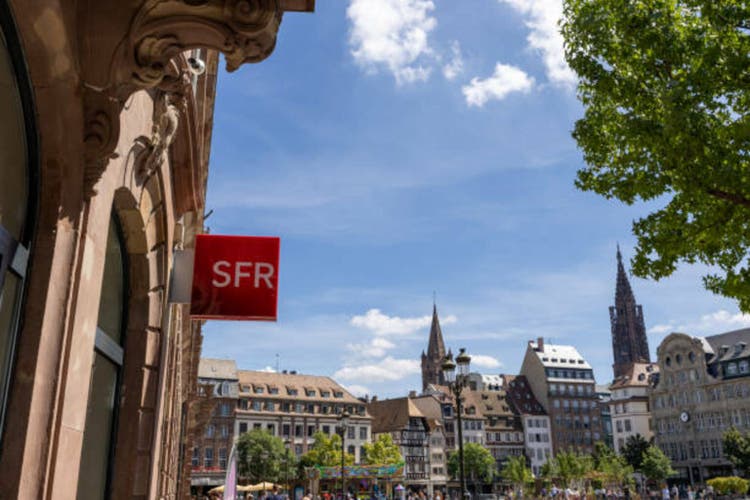
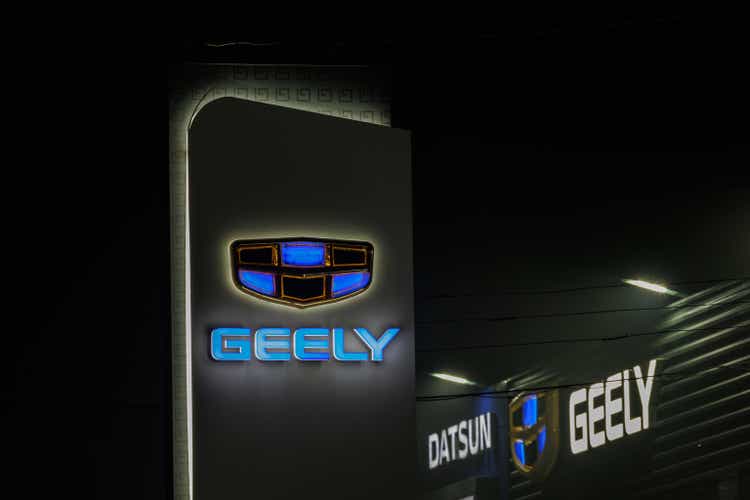

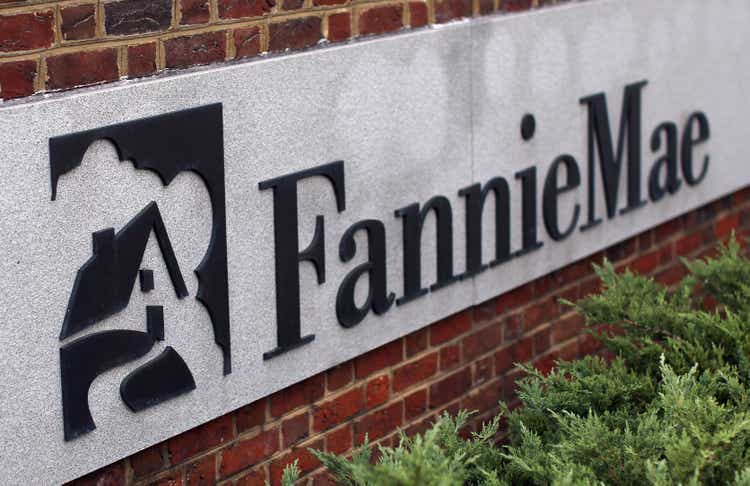


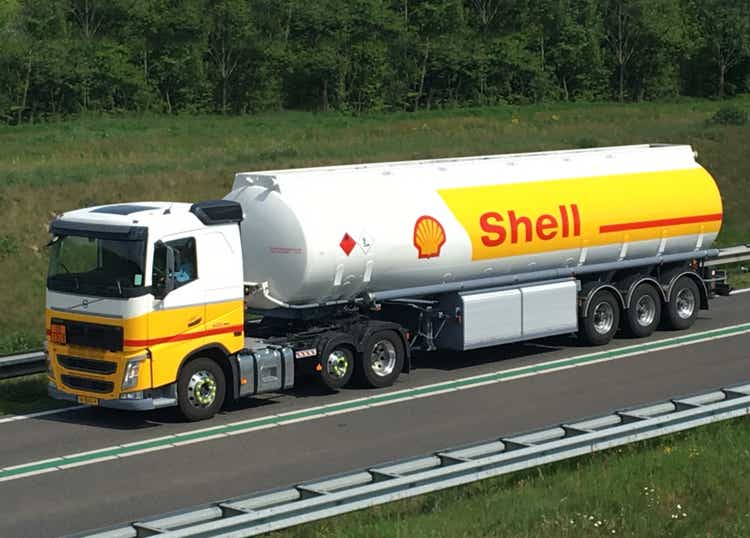


 English (US) ·
English (US) ·